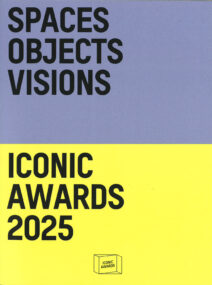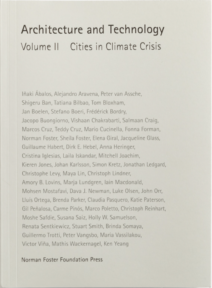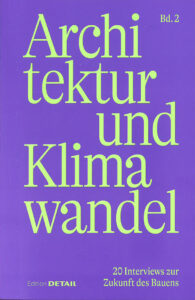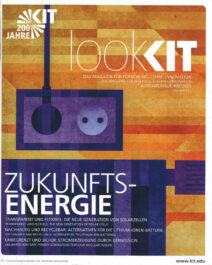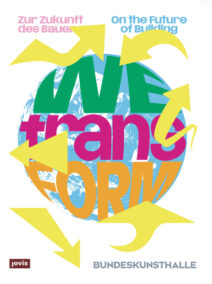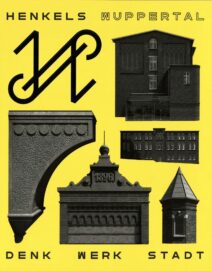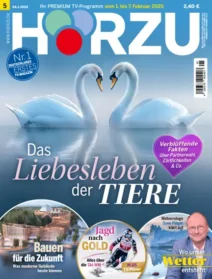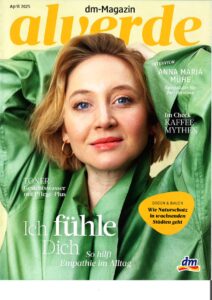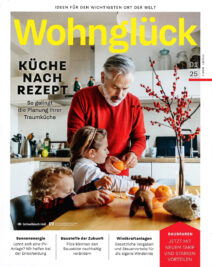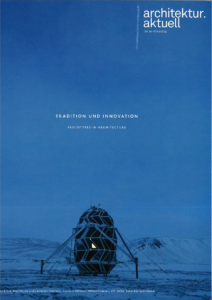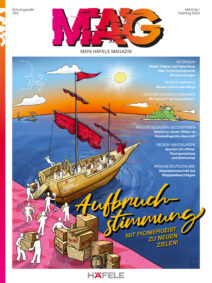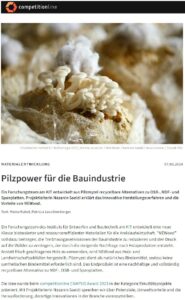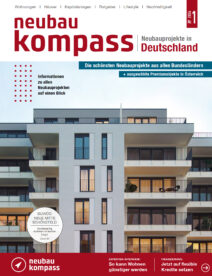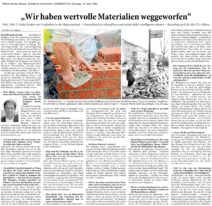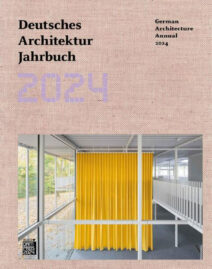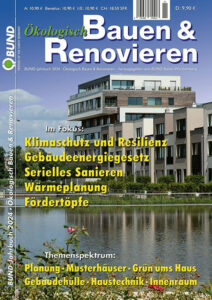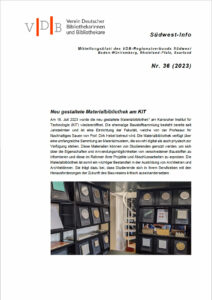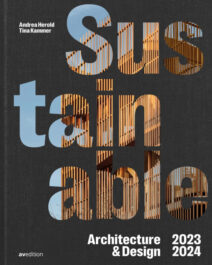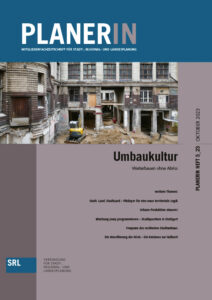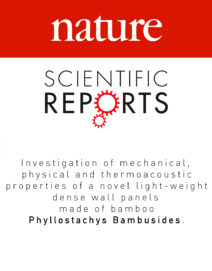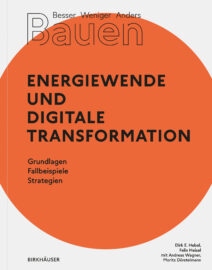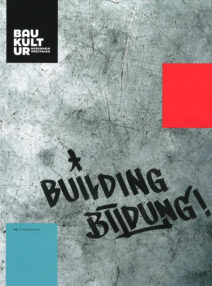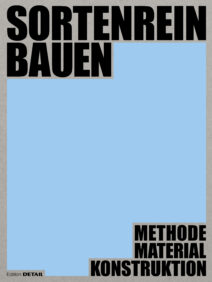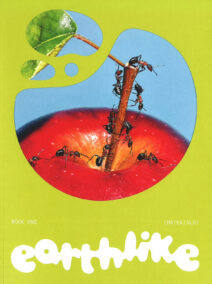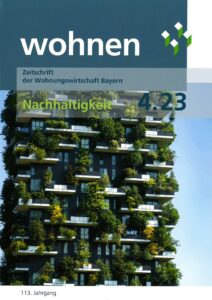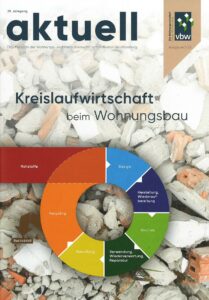The Chair for Architecture and Construction of Assistant Professor Dirk E. Hebel at the ETH Zurich is part of the Future Cities Laboratory (FCL), the first research program of the Singapore ETH Centre for Global Environmental Sustainability (SEC). Within this context, the chair aims to investigate appropriate building materials and construction methods for future urban development. Resource limitations, heavily import-oriented construction industries, inappropriate use and unreflected application of construction materials and methods drive many economies of the so-called developing world into immense trade deficits. The chair is researching alternative approaches, looking into the appropriate use of indigenous materials in an industrial application process.
In this spirit, the chair is part of a large research project between the Ethiopian Institute of Architecture, Building Construction and City Development (EiABC) in Ethiopia, ETH Global, and the Arthur Waser Foundation, Lucerne. Professor Dr. Elias Yitbarek initiated the ‘Sustainable Rural Dwelling Unit’ (SRDU) project in 2010 as part of his work at the EiABC Chair of Housing. He was able to secure funding of the Arthur Waser Foundation for a pilot project in 2011 with full support and help of the former North-South Centre of ETH Zurich (now represented by ETH Global). Two housing units were built approximately 175km south of the capital Addis Ababa experimenting with local building materials combined with new building techniques. The huge success of this pilot project convinced the Arthur Waser Foundation to continue the engagement with the two universities and enlarge the scope of the work to questions of capacity building, academic exchange with local schools, universities and industry and the transfer of knowledge to a broad range of academic and non-academic stakeholders in Africa.
Immediately, or upon agreement, the Chair of Architecture and Construction Dirk E. Hebel at FCL Singapore is looking for a highly qualified Research Assistant with a background in applied earth masonry, alternative material research and practical training skills to work full time in this research project. As member of the SRDU team, you will assist in initiating and coordinating research in alternative building materials and their use in rural areas in Ethiopia. You will develop testing methods and standards for alternative building materials based on an empirical as well as scientific research approach. You will organize and lead training sessions with local craftsman and undergraduate students in Ethiopia. You will develop didactical concepts on how to train craftsmen and students. You will help to develop curricula for the local University and Technical Vocational Center and help to implement them in these institutions. You will establish contacts with local organizations, NGOs and training facilities in Ethiopia and integrate the SRDU activities in a broader network. Furthermore, you will assume responsibility for the production of publications about the SRDU project, the writing of technical and financial reports, as well as the preparation of possible further research proposals. Prior experience in handling financial aspects of a research project will be a plus. Administrative tasks complement your scope of duties. Based in Ethiopia (80%) and Singapore (20%), the post is provided with a competitive salary under a contract with ETH Zurich (Switzerland). You will be equipped with all necessary tools and office space at EiABC (Ethiopia) and FCL (Singapore).
You possess a technical and/or academic degree along with an established reputation in the field of earth masonry and/or applied alternative material research, as evidenced in a distinguished record of academic and/or practical experience, work, and/or research. You have experience in teaching and vocational training and have practiced in developing countries before. Knowledge in the field of architecture and engineering would also be of great advantage. You actively seek to promote excellence in interdisciplinary thinking and are able to provide exceptional motivation for your work in a team. Not least, you stand out due to your aptitude to contribute to the strategic visions of the project at large.
For further information about the position and/or your application, please contact Ass. Prof. Dirk E. Hebel by e-mail: hebel@arch.ethz.ch and visit the websites www.hebel.arch.ethz.ch as well as www.eiabc.edu.et for further information.























